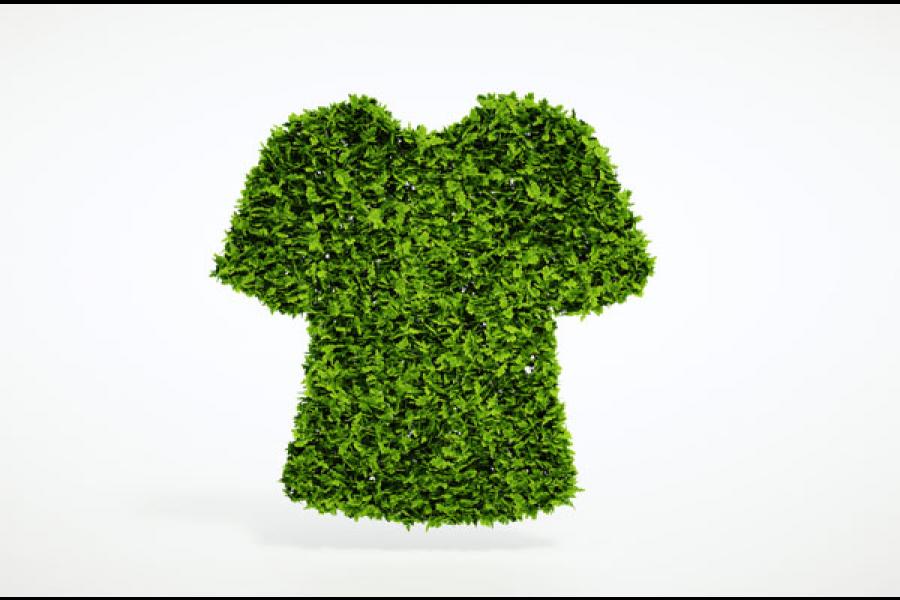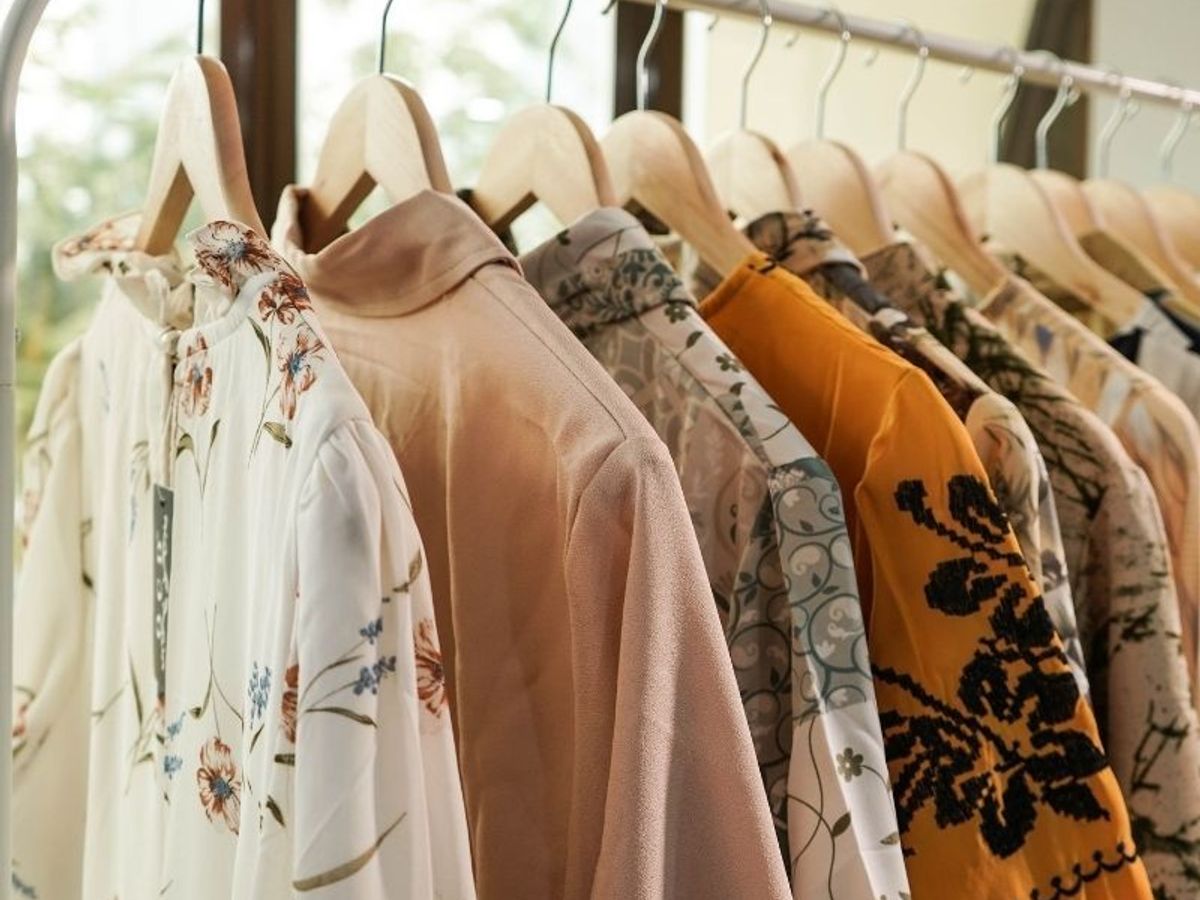The Rise of Sustainable Luxury: Ethical Alternatives in High Fashion
The Rise of Sustainable Luxury: Ethical High Fashion Alternatives
Introduction
In the world of fashion, a profound transformation is underway. As consumers become more conscious of their environmental impact, the demand for sustainable luxury is on the rise. Ethical alternatives in high fashion have emerged as a response to the growing need for a more responsible and compassionate industry. In this blog, we explore the ascent of sustainable luxury, its defining characteristics, and the positive impact it is making in the world of high fashion.
The Changing Landscape of High Fashion
Traditionally, the high fashion industry has been synonymous with opulence, exclusivity, and excess. However, in recent years, a shift has occurred, as fashion houses and designers recognize the urgency of embracing sustainable practices. The rise of sustainable luxury marks a paradigm shift towards a more conscious approach, where aesthetics, craftsmanship, and social responsibility converge.
Defining Sustainable Luxury
Sustainable luxury encompasses the principles of sustainable fashion but takes them to new heights of elegance and sophistication. It emphasizes three essential pillars:
1. Ethical Sourcing and Production
Sustainable luxury brands prioritize ethical sourcing of materials, ensuring that raw materials are responsibly and sustainably acquired. This often involves using eco-friendly fabrics, such as organic cotton, Tencel, and recycled materials. Additionally, sustainable luxury brands pay meticulous attention to their production processes, ensuring fair labor practices and safe working conditions for artisans and garment workers.
2. Timeless Design and Durability
In contrast to fast fashion's fleeting trends, sustainable luxury celebrates timeless designs that stand the test of time. The emphasis is on creating garments that endure beyond seasons, encouraging consumers to invest in high-quality pieces meant to be cherished for years. By promoting durable and versatile designs, sustainable luxury fosters a more sustainable and mindful consumption pattern.
3. Transparency and Traceability
Sustainable luxury brands are committed to transparency, providing consumers with information about the provenance of their products. This includes details about the materials used, the production process, and the impact of the brand's operations on the environment and society. By enabling consumers to make informed choices, transparency builds trust and accountability within the industry.
The Impact of Sustainable Luxury
The rise of sustainable luxury has far-reaching effects on various aspects of the fashion industry:
1. Environmentally Conscious Choices
By incorporating eco-friendly materials and adopting sustainable practices, sustainable luxury reduces the fashion industry's ecological footprint. This shift towards responsible sourcing and production contributes to the preservation of natural resources, reduces pollution, and supports biodiversity conservation.
2. Empowering Artisanal Communities
Sustainable luxury often involves collaboration with skilled artisans, preserving traditional craftsmanship, and supporting local communities. By valuing artisanal skills and incorporating them into their designs, sustainable luxury brands empower these communities and protect their cultural heritage.
3. Influencing the Fashion Landscape
As sustainable luxury gains prominence, it sets a precedent for other fashion houses and designers to follow suit. The integration of sustainability into high fashion inspires a broader transformation within the industry, encouraging competitors to adopt ethical practices and embrace conscious consumption.
Conclusion
The rise of sustainable luxury marks a profound shift in the world of high fashion. Ethical alternatives are redefining luxury, marrying elegance and opulence with a commitment to sustainability, transparency, and ethical values. As consumers, we have the power to drive change by supporting sustainable luxury brands, encouraging responsible production, and valuing timeless design over fast-paced trends.
As the demand for sustainable luxury continues to grow, we can envision a future where high fashion exemplifies not only beauty and style but also compassion and consciousness. Together, we can shape a fashion industry that celebrates ethical alternatives, fosters sustainability and embraces the transformative power of sustainable luxury for generations to come.
FAQs
1. What is a sustainable luxury, and how does it differ from conventional luxury fashion?
Sustainable luxury is a concept in high fashion that emphasizes ethical sourcing, production, and transparency while celebrating timeless designs. It diverges from conventional luxury fashion by prioritizing sustainability, responsible consumption, and a commitment to social and environmental responsibility.
2. What are some examples of eco-friendly materials used in sustainable luxury fashion?
Sustainable luxury brands often utilize eco-friendly materials such as organic cotton, Tencel, hemp, and recycled fabrics like recycled polyester and nylon. These materials are sourced responsibly and have a lower environmental impact compared to traditional textiles.
3. How do sustainable luxury brands ensure fair labor practices and support artisanal communities?
Sustainable luxury brands prioritize fair labor practices by providing safe and equitable working conditions for their garment workers. They often collaborate with skilled artisans, preserving traditional craftsmanship and supporting local communities by valuing their unique skills.
4. Why is transparency essential in sustainable luxury fashion?
Transparency is crucial in sustainable luxury fashion as it allows consumers to make informed choices about the products they purchase. Brands that embrace transparency share information about the sourcing of materials, production processes, and the impact of their operations on the environment and society, building trust and accountability.
5. How can consumers contribute to the rise of sustainable luxury?
Consumers play a significant role in promoting sustainable luxury. By supporting brands that prioritize ethical alternatives, consumers can drive demand for more responsible practices within the fashion industry. Embracing conscious consumption, valuing quality over quantity, and encouraging transparency are some ways consumers can contribute to the growth of sustainable luxury.


Comments
Post a Comment